Are Apples Good for Dogs? Health Benefits of Feeding Fruit to Pets

So Fido has been a good dog today. He didn't go potty indoors, and he even behaved himself around the neighbor's dog. Now he deserves a tasty reward. You open your cupboard to grab his favorite bully stick dog treats, but all you see is an empty shelf. You glance down and see Fido looking up at you with those puppy dog eyes. You panic! How are you going to reward Fido so he keeps up his good behavior? With human food, that's how! You're probably wondering to yourself, "Can I give human food to my dog?" and the answer is YES. Many fruits and vegetables are perfectly safe and healthy to feed to your dog or puppy. Today we'll be discussing fruit—apples to be exact.
Dog owners everywhere always question whether apples are good for dogs and whether dogs can even eat apples. The answer is a resounding yes. Apples are safe for dogs to ingest. While some people food can be dangerous for dogs, you can rest easy knowing that dogs and apples go together like cows & grass, grizzly bears & salmon, pandas & bamboo...you get the point. Try all different types of apples to see what your dog likes best. Our favorites include: Gala, Red Delicious, Golden Delicious, McIntosh, Honeycrisp, Granny Smith, and Fuji apples.
Why Are Apples Good For Dogs? The Health Benefits of Apples.
1) Vitamin A & Vitamin C: Healthy Dog Vitamin & Natural Supplement
While their needs are different than those of humans, dogs need vitamins too! Apples pack a punch with the presence of Vitamin A and Vitamin C. Vitamin A supports improved skin and coat health and helps to strengthen your dog's immune system. Vitamin C aids in the proper development of muscles and bones during the early stages of life and also allows older dogs to remain healthy.
Note: Please remember that with any fat-soluble vitamin, like Vitamin A, it's possible in rare cases to build up to a toxic level. Like with most things, moderation is the best policy! Make sure to consult with your Vet if you are considering supplementing your dog's diet regularly with large amounts of Vitamin A.
2) Regularity: Curing Canine Constipation and Benefits of High Fiber Content
Apples are probably higher in soluble fiber than you think! One 3" diameter apple has 4.4 grams of fiber. While fiber is not a mandatory nutrient for your dog's nutrition, it will definitely help with overall digestion. Fiber will increase water and bulk in intestinal contents leading to more firm and regular bowel movements. Note: When introducing additional fiber to your dog's diet, slowly introduce the changes to allow Fido's body to adjust. Also, ensure you have plenty of fresh drinking water on hand to help the fiber through the digestive tract.
3) Low in Fat, Protein, & Calories: A Healthy Homemade Dog Treat
Apples are a healthy and natural meal supplement for dogs that can help curb appetite and rectify weight issues. With minimal fat content, raw apples are an extremely healthy option for Fido. Just make sure to keep an eye on your pup's intake as fruits can have lots of sugar. For an even lower calorie option, try out carrots for your dog.
4) Importance of Dog Dental Health: Naturally Clean Your Dog's Teeth
If you're a dog owner, you're probably wondering, "how do I clean my dog's teeth?". Regular brushing is the answer, but brushing every day can be a pain. Instead, try naturally cleaning your dog's teeth with the rough texture of an apple! Your dog's natural inclination to chew will rub apple against the surface of his teeth helping to remove harmful plaque and tartar buildup. Brushing along with providing natural dog chews will help keep those pearly whites shining bright!
Note: For a little extra strength teeth-cleaning dog chew, try Daily Dental Chews.
5) Antioxidants for Dogs: Improve Your Dog's Gastrointestinal Health
Antioxidants are minerals and vitamins that counteract free radicals and stop their damage to cells. Antioxidants are common in many foods like fruits and veggies and help to keep your dog happy and healthy! While antioxidants won't necessarily keep your dog healthy, they have been known to help with eyesight, bone development, immune system, chronic diseases, skin, and coat.

Why Do Dogs Like Apples?
Think about it this way. Your dog probably gets the same exact food day in and day out. How boring is that!? It's no wonder Fido loves the chance to chew on something exciting and different every now and again. As you would expect, most dogs find the crunchy texture and sweet taste of a fresh apple quite appealing when compared to dog food, even if it is natural and healthy dog food.
Can Puppies Eat Apples?
Congratulations on the new addition and good luck with the puppy training! As your journey begins, I'm sure you'll be doing a ton of research online to learn everything possible about raising your new dog. No need to Google whether or not apples are good for puppies. I'm here to tell you, yes, they are! Just like adults, puppy dogs can have apples. In fact, you can even turn apples into a frozen treat to help with a teething puppy. Just pop some apple slices in the freezer, wait a few hours, and, voilà!
Can Dogs Eat Applesauce, Apple Juice, or Cooked Apples?
Applesauce and cooked apples are both safe for your dog and puppy. My recommendation is to try and avoid spices, salt, or sugar whenever you can. You'll want your apples and sauce as plain as possible to keep your dog happy and healthy. Apple juice is a different story. In my experience, most apple juices contain quite a bit of sugar content and are something to avoid in general. If you just want to give your dog a taste, feel free! Just don't make it a regular habit as it could be potentially harmful to your dog's overall health and wellbeing. If you're feeling especially adventurous, you can even try making homemade apple dog treats.
Watch Out For Apple Seeds, the Core, & Allergies
Just like you do when you eat apples, make sure to remove apple seeds and the core. A few seeds here or there won't hurt your dog, but a large amount could cause stomach problems. Throw away the core too just to make sure it doesn't turn into a choking hazard. Lastly, keep an eye on your dog after feeding apples for the first time. While rare, dogs can have allergies to any type of food. If you notice odd behavior or skin conditions after feeding apples, it's probably best to avoid apples until speaking to your veterinarian.
Can Dogs Eat Apple Skin?
Dogs can absolutely eat apple skin. Just make sure to clean the apple thoroughly prior to ingestion—just as you would if you were eating it. Apple skins contain the highest fiber content and most of the vitamins, so they should be included whenever possible.
Which Dog Breeds Can Eat Apples?
At this point in time, there aren't any specific breeds that have sensitivities to apples. You'll still want to check with your Vet before significantly changing your dog's diet or if you notice any odd responses to human food like apples. For the most part, apples are completely safe for all different types of dogs. That means that all breeds—Labs, Pugs, Dachshunds, English Bulldogs, Boxers, Corgis, and so on, can all join the party!
How to Feed Apples to Your Dog?
The possibilities are endless. Our favorites include: whole, sliced, cubed, apple sauce, apple juice, frozen, or mixed into dog food. Get creative and see what your dog likes best!
IMPORTANT NOTE: You should always discuss dietary concerns with your veterinarian; this blog post is only intended to be a reference guide and does not constitute veterinary/medical advice.
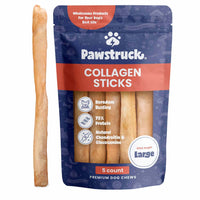

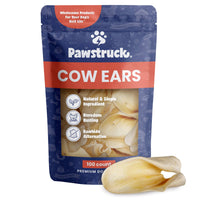
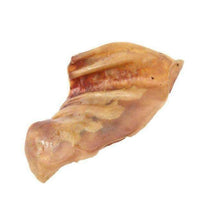
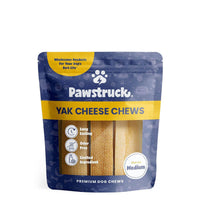
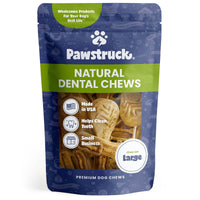




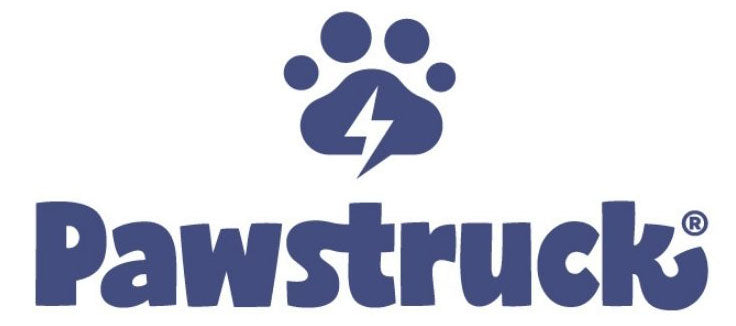


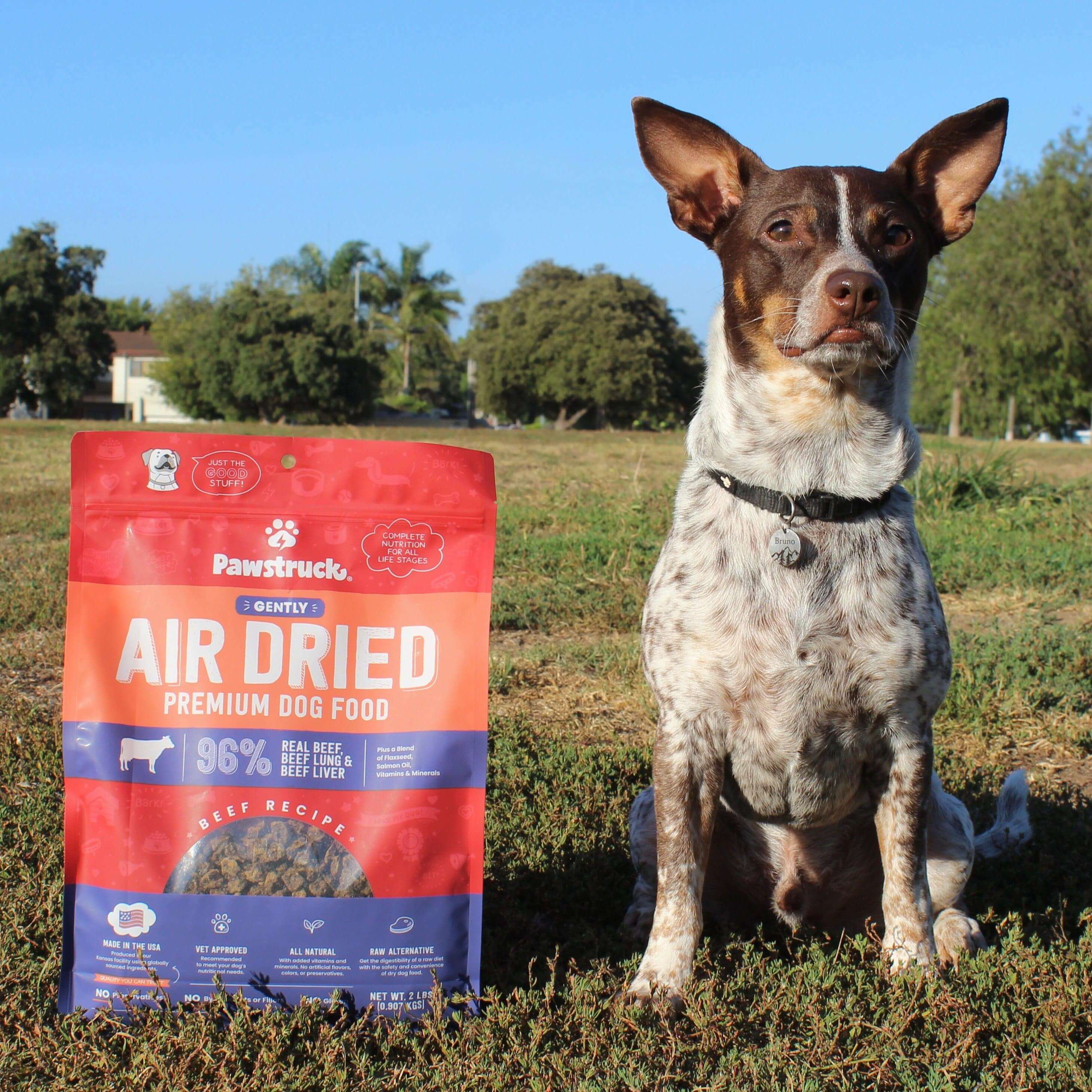













Leave a comment